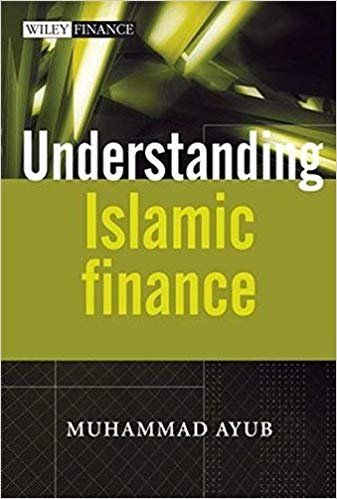Muhammads Household Finances
A consideration of Muhammad's approach to economic policies would be incomplete if it did not take note of his own and his family's personal finances. Across a distance of nearly 1,500 years it is infeasible to make comparisons between income levels then and now, but it is possible, howev¬er, to advance a notion how Muhammad's income developed from the time when the Koran stated in Mecca he was "walking about the market-squares"; during his early years in Medina; and after conquering Khaybar in the final phase of his life. There are known facts and figures about Arab commerce that allow drawing inferences regarding Muhammad's income. Abu Sufyan had paid a compliment to Muhammad about his riches (which, one suspects, was more heartfelt than his profession of faith). According to Waqidi, Mu¬hammad on a campaign "had plundered much silver; four thousand meas¬ures. The plunder was gathered in front of the Prophet. Abu Sufyan ibn Harb came, and before him was the silver. He said: '0 Messenger of God, you have become the most wealthy of the Quraysh!' The Messenger of God smiled."' Muhammad had every reason to smile. The Italian orientalist Le¬one Cactani confirmed Abu Sufyan was right: Muhammad by the end of his life was the richest Arab of his time. Caetani assessed Muhammad's income following the conquest of Khaybar and calculated his annual income came to 1,500,000 gold franks.
Muhammad's finances were transformed after the conquest of Khaybar. When Fadak and Katiba, communities neighboring Khaybar, opted to head off an assault and voluntarily submitted to Muhammad, his personal estate was enlarged further, because in the latter takeovers no military force had been required and so in these instances, he was not bound to share the booty. Muhammad's annual income from crops, consisting mainly of dates and grain, now was immense. Tenants were required to pay over 50 percent of their harvests, and Muhammad's personal share enabled him to provide for the nutritional needs of some 4,000 beneficiaries. Cactani, in 1907, con¬verted Muhammad's revenue into 1,500,000 gold franks. In today's environ¬ment. that figure would be a multiple of millions of dollars. Money as a means to improve his personal standard of living, however, meant little to Muhammad: his estate included seven properties in Medina bequeathed to him by a local admirer, Muqairiq, and according to Ibn Ishaq, Muhammad "took over his property and all the alms he distributed in Medina came from it." m However, following the conquest of Khaybar, Muhammad by any standard was a business magnate, and his family and friends must have been aware that whoever would inherit Muhammad's estate one day would be very rich, and very powerful.


This post has received a $31.31 % upvote from @siditech thanks to: @lowlylutfur.
Here's a banana!